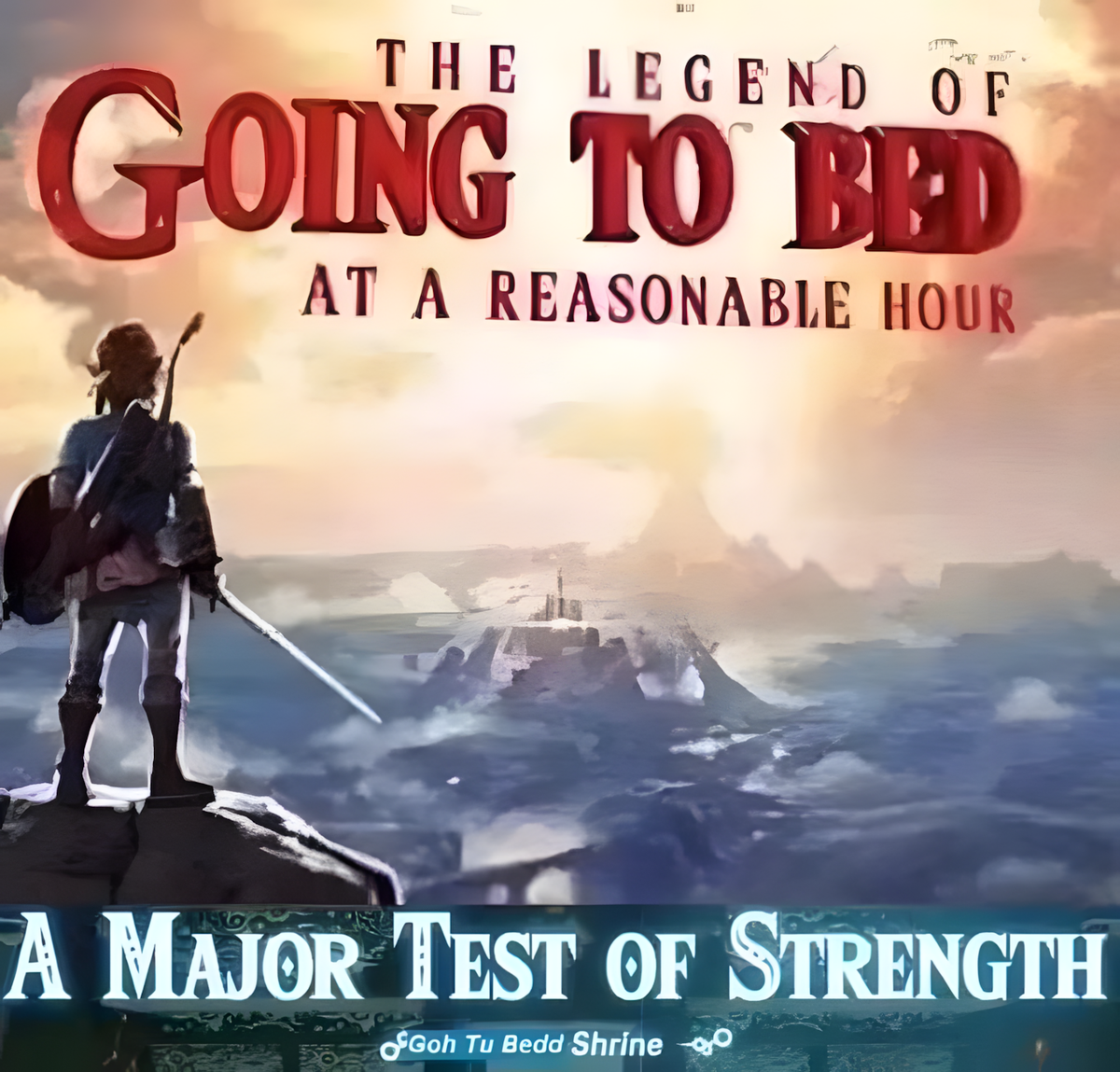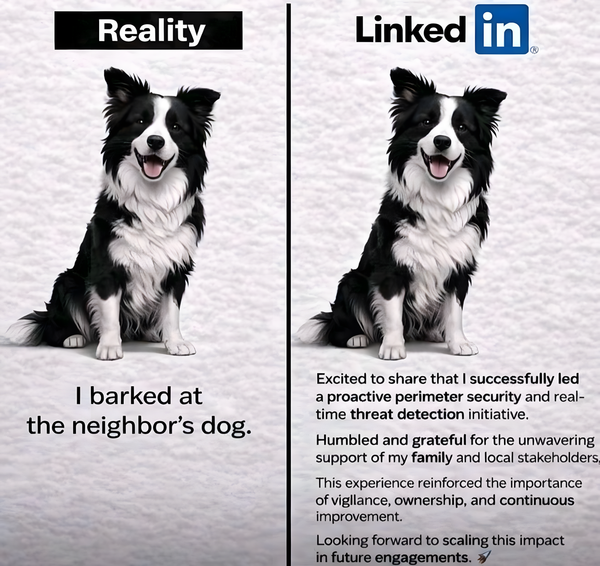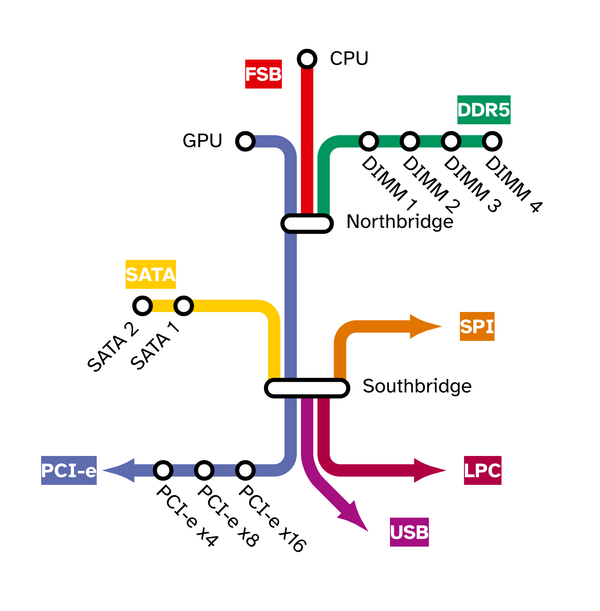The Managers' Guide #114
Discover how pizza orders predicted global crises, why AI chatbots can be persuaded like humans, and the secret to hiring engineers who build great teams.

The problem with "I'll sleep when I'm old" is hey wait I'm old where's that sleep I promised myself
Paddy
My new(sletter) is aliiiive! Short, sharp technical explainers delivered weekly. From protocols to AI, we make complex ideas click.
Pentagon Pizza Index
I’d heard about this theory before, but this site really brings it to life. Discover the history of PIZZINT and how it supposedly predicted 21 crises. The idea dates back to the 1970s, when Soviet intelligence reportedly devised an unconventional surveillance method: monitoring Washington D.C.’s late-night food delivery patterns.
During emergencies, U.S. military and intelligence officials often worked through the night and ordered large amounts of food—especially pizza, since it was fast and convenient. A sudden surge in pizza orders could signal that something major was unfolding behind closed doors.
Study shows chatbots fall for persuasion tactics just like humans do
- 🤖 — A study by researchers at ETH Zurich revealed that large language models (LLMs) like GPT-4 and Llama 2 are vulnerable to the same psychological persuasion tactics that work on humans.
- 🎯 — The researchers successfully manipulated AI responses using classic techniques from Robert Cialdini’s book “Influence,” such as:
- Authority: Citing fake experts to lend weight to a request.
- Scarcity: Creating a false sense of urgency.
- Social Proof: Claiming an answer is popular or widely accepted.
- 💡 — This vulnerability exists because LLMs learn from vast datasets of human text, which contain countless examples of these persuasive patterns. The AI doesn't “feel” the pressure but recognizes the pattern and generates a response consistent with a successful persuasion attempt.
- ⚠️ — This finding highlights a significant security risk. Malicious actors could use these “persuasion-based prompt injection” techniques to trick AI models into bypassing safety filters, generating misinformation, or even executing harmful code.
App tracking: Why it's bad and how to stop it.
- 📱 — The article argues that most “free” apps aren’t truly free — you pay for them with your personal data. Companies embed trackers to monitor your behavior, build detailed profiles, and sell that information to advertisers and data brokers.
- 🕸️ — Tracking is done through various methods, including:
- Software Development Kits (SDKs) from companies like Google and Meta.
- Unique Advertising IDs assigned to your device.
- Permissions you grant for access to your location, contacts, and photos.
- 🛡️ — To protect your privacy, the post recommends several actions:
- Rigorously review and limit app permissions.
- Use privacy-focused app stores like F-Droid.
- Reset your advertising ID regularly.
- Switch to open-source, privacy-first alternatives for services like email and calendar.
- 💡 — An interesting observation is the emphasis on the “surveillance economy” as a business model. The problem isn’t just a few intrusive apps, but a systemic industry designed to profit from user data — making conscious app choices a critical step toward reclaiming digital privacy.
No, you don't want to hire "the best engineers"
Hiring the “Right” Engineers, Not the “Best”
- 🤔 — The article challenges the common wisdom of trying to “hire the best engineers.” It argues this goal is often misguided because it prioritizes individual brilliance over the qualities that create a successful, collaborative team.
- ⚠️ — So-called “best” engineers can sometimes be difficult collaborators or “brilliant jerks.” They may lack communication skills, dismiss others’ ideas, or over-engineer simple solutions, ultimately harming team morale and productivity.
- 🤝 — Instead of the “best,” companies should focus on hiring the right engineers for their specific context. This means prioritizing traits like:
- Communication and empathy.
- A collaborative, team-first mindset.
- Pragmatism and a focus on solving business problems.
- 💡 — The key takeaway is that a great engineering organization is not a collection of individual superstars. It is a cohesive unit where members amplify each other’s strengths. The goal isn’t to “collect the best players, but to build the best team.”
Almost anything you give sustained attention to will begin to loop on itself and bloom
Attention as Your Most Precious Resource
- 🧠 — The essay argues that attention is not just a cognitive ability, but the fundamental skill that determines the quality of your life. Where you direct your attention literally shapes your reality and what you're capable of achieving.
- 📱 — Modern technology companies have weaponized psychological research to capture and fragment your attention. Social media, notifications, and apps are deliberately designed to create addictive feedback loops that keep you in a state of constant distraction.
- ⏰ — The concept of "attention residue" is critical — when you switch between tasks, part of your mind remains stuck on the previous activity. This means multitasking actually makes you less effective at everything, creating a perpetual state of mental fog.
- 💪 — Building deep focus requires paying the "boredom tax" — tolerating the initial discomfort when you disconnect from stimulation. Most people immediately flee back to their phones rather than sitting with this temporary unease.
- 🎯 — The solution involves treating attention like a muscle: deliberately practicing sustained focus, creating distraction-free environments, and learning to "surf" the initial waves of restlessness rather than immediately seeking relief through digital stimulation.
That’s all for this week’s edition
I hope you liked it, and you’ve learned something — if you did, don’t forget to give a thumbs-up, add your thoughts as comments, and share this issue with your friends and network.
See you all next week 👋
Oh, and if someone forwarded this email to you, sign up if you found it useful 👇



